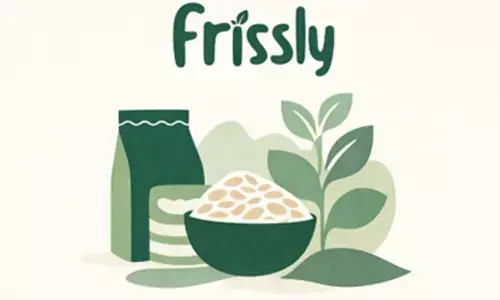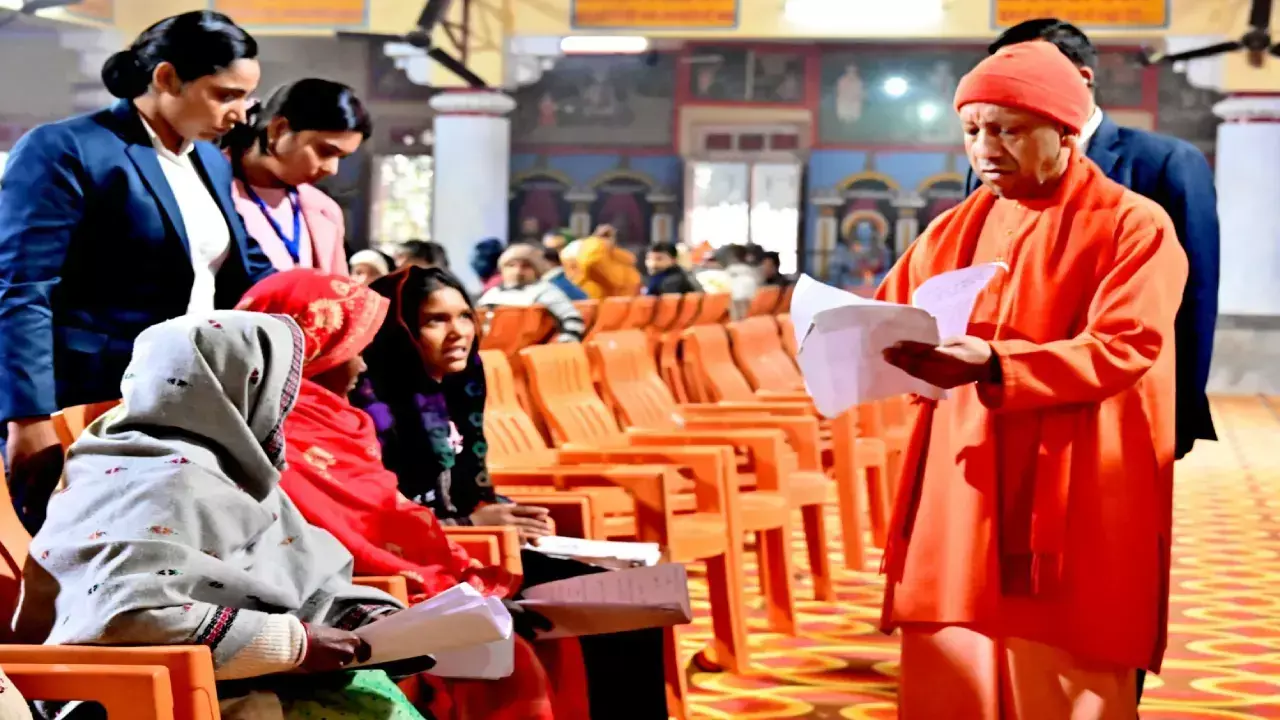Make debt and (don't) make merry

There are two ways of raising revenues. The first way is to borrow from the financial markets. This entails paying interest on the borrowings in future, which, in turn, requires that either the government prints notes and invites a reduction in income through the resulting inflation; or imposes taxes and causes a reduction in income directly. In the case of inflation, the burden of the resulting price rise will fall on all the people. The benefits, however, will accrue to the specific groups that will benefit from the stimulus package. For example, if the government takes a loan of Rs 1 crore and provide a relief package to the aviation sector; then the burden of the increased interest payment will fall on all people while the benefits will accrue to those undertaking air travel. In this way, we will be transferring income from the common man to the rich
Governments of nearly all countries of the world are today borrowing huge amounts, increasing spending and trying to bring their economies up and running in face of the corona pandemic. This strategy is based on the belief that the present crisis will be of a short period. The governments will be able to borrow, spend and rev up the economies just as a patient borrows, gets treatment for his ailment and gets up and running. The economy will overcome the pandemic, say, in a year's time and come back to "normal" pre-pandemic levels. This belief requires reconsideration.
The first reason for the global economy not reaching its previous level is that the global supply chains have got broken, I think, permanently. Countries have suffered due to the disruption of trade because they have not been able to procure raw materials for their industries. For example, the non-availability of drug intermediates from China has led to problems for India's pharmaceutical industry. Countries would not like to depend as much on imports in future. We will see a de-globalisation though the likely extent of the same is not clear at present. The reduced dependence on imports will require that the consumers will have to buy more expensive domestically produced goods. The purchase of expensive goods will lead to lower standard of living. The second reason is that social distancing is likely to be required for a considerable length of time, say two years, until a vaccine against corona is found. This will require additional expenditure. One small industrialist said on TV that he was making 10 trips of two kilometers each to bring his 10 workers from their homes because he can seat only one worker at a time in his car. Such measures will lead to an increase in cost of production and lower the growth rate. Third reason is that both public and private health expenditures will increase. The government will have to spend more money in installing ventilators and keeping people in quarantine. Individuals will spend more in treatments. For these reasons, the purchasing power and consumption will reduce and bring down the growth rate.
Question is whether we will proactively accept this reduction in the standard of living; or we will artificially try to maintain the current high levels of living, fail in doing so, and then face a deeper crisis.
That said, there is no doubt that the government will face falling revenues and yet have to raise its expenditures. The revenue receipts of all governments today are about 30 to 50 per cent of the pre-pandemic levels, while it has become necessary to increase expenditures on health and providing stimulus packages to the businesses. Question is where from to raise the revenues and where to make the expenditures.
There are two ways of raising the revenues. First way is to borrow from the financial markets. This entails paying interest on the borrowings in future, which, in turn, requires that either the government prints notes and invites a reduction in income through the resulting inflation; or imposes taxes and causes a reduction in income directly. In the case of inflation, the burden of the resulting price rise will fall on all the people. The benefits, however, will accrue to the specific groups that will benefit from the stimulus package. For example, if the government takes a loan of Rs 1 crore and provide a relief package to the aviation sector; then the burden of the increased interest payment will fall on all people while the benefits will accrue to those undertaking air travel. In this way, we will be transferring income from the common man to the rich. On the other hand, if the government imposes tax on imported fuel oil and other goods and use this money to provide Universal Basic Income to all the households of the country, then the impact will be quite different. The burden of higher import taxes will fall on the rich while the benefits will accrue to all the people.
I strongly advocate the latter option. Reason is that a contraction in our economy will necessarily occur due to the pandemic. The immediate challenge is to bring the economy back to the pre-pandemic level. In other words, we aim to generate the post-Pandemic revenue to pre-pandemic levels. There is little possibility of an increase in the revenues. This means that the burden of interest will increase while the revenues will remain, at the best, stagnant at pre-pandemic levels. The economy will not be able to reach the pre-pandemic levels due to this additional interest burden. Professor Roubini of New York says that if the governments borrow in the present times of the pandemic, they will have to print notes in future to pay interest on the borrowings, but the level of economic activity will, at the best, remain unchanged. This will lead to "stagflation"—stagnation due to the pandemic and inflation due to the interest payments. We will come out of the pit only to fall into a well if the government tries to borrow its way out of the pandemic.
Nevertheless, the government has to raise its expenditures. Thus, instead of trying to pass the burden of the pandemic to future, the government should frontally acknowledge that there has to take place a reduction in our standard of living and accept it here and now. If the family has to per force accept a reduction in its standard of living; then it is better to proactively reduce the consumption of fruits and increase the consumption of peanuts so that the health of the family members does not decline despite a reduction in the expenditures. On the other hand, if the family continued to buy fruits and took loans to do so, then later it will have to pay both the principal and interest on this loan and the standard of living will face a deeper reduction.
My submission is that we must proactively accept the reduction in the standard of living due to the pandemic, raise the import taxes on fuel oil and other imports, and use this money to pay Universal Basic Income to all our people. This payment of Universal Basic Income will create demand in the market and also restart the economy and we will not face a future burden of increased interest payments. We will come out well and good out of the pandemic.
(The writer is formerly Professor of
Economics at IIM, Bengaluru)















